Begin with this concrete plan: grab them at the mall info desk, then visit three indoor venues in central Moscow that keep you dry and engaged.
First stop: an international art space inside a protected area along prospekt Mira, where gold frames and statues fill the galleries and the presence of experienced curators makes each corner feel welcoming.
Next, a science and discovery center offers 实践操作 tours and interactive exhibits that draw millions of visitors. For a museum of this size, a million guests can be processed in 90 minutes at peak times. Tickets typically range from 500 to 1,000 rubles, and opening hours run 10:00–22:00, with popular 时代 around 13:00 and 18:00.
Finish at a museum cluster around a historic pereulok where romanov artifacts sit beside modern displays; a yuri exhibit is often paired with a short tour of the area.
Plan a compact loop and grab a snack in a cafe inside the mall area before heading home; this keeps the day cool and comfortable and protects you from rain.
With this approach, millions of visitors discover that wet weather in the capital becomes an opportunity to explore art, science, and history indoors and without rush.
Rainy Day Moscow Indoor Attractions Guide
Recommendation: Book a two-museum indoor pass and start at Pushkin State Museum of Fine Arts, then stroll to the nearby Tretyakov Gallery for a compact, rainproof art day. Being indoors helps you focus on the thing you love and avoids the soggy weather outside.
The Pushkin Museum offers white-walled galleries and tight, well-lit rooms that highlight Russian and European masterpieces. Plan 2–3 hours to explore highlights, and enjoy the on-site cafes between wings. Online booking helps you lock a quiet time and skip lines; typical ticket prices sit around 700–1200 rubles for adults. These spaces draw photographers seeking strong compositions, and your perspective sharpens as you compare old masters with contemporary pieces.
The Tretyakov Gallery concentrates on Russian art from icons to 19th-century painting. Hours commonly run 10:00–18:00, with occasional closures for special exhibitions; a standard ticket sits around 600–1000 rubles. Among the different wings, peak crowds occur on weekends, so plan for the quieter days on weekdays. The centre corridors offer comfortable spaces to pause and reflect between rooms.
At the State Historical Museum, you encounter a dense cross-section of Russian history, including archaeological finds and Romanov-era objects that illustrate the country’s long arc. The galleries are arranged for comfortable pacing, with historic displays and clear captions that help you understand context quickly–this suits visitors of every background. It’s a strong choice for a rainy day if you want a focused, indoor experience.
The Polytechnical Museum provides hands-on exhibits and a range of educational games that engage both kids and curious adults. Use your hand to operate simple controls at several stations, and enjoy quick games that break up rows of artifacts. Some exhibits include playful dioramas and small rides for younger visitors, giving the day a light, interactive balance.
For visual inspiration, photographers will find plenty of opportunities: clean white walls, glass ceilings, and dramatic staircases create strong lines for photography. Non-flash photography is often allowed, but check each venue’s rules. These spaces draw visitors with a keen eye for detail, helping you practice a Russian perspective through a curated sequence of rooms.
From Barrikadnaya, you reach the closest metro routes into the core Moscow centre, making a single day quite doable even on wet days. Plan a couple of hours at each place and a final cafe stop before heading home.
Indoor Museums for a Rainy Day in Moscow: Quick Spots and Practical Tips
Recommended anchor: Start with the State Tretyakov Gallery on Lavrushinsky Lane for an authentic, art-filled morning.
- State Tretyakov Gallery – 11th–20th century Russian art, gilded frames, and iconic landmarks. Hours typically 10:00–18:00; closed on Mondays, verify on the official site; tickets usually 800–1500 rubles; use an audio guide; from tverskaya, take the red line to Tretyakovskaya and walk 10 minutes; plan 1.5–2 hours; enjoy coffee at the on-site café; this site captivates explorers who seek authentic works; visitors shouldnt rush and take time to study each painting.
- Pushkin State Museum of Fine Arts – European masters, sculpture, and antiquities; hours often 11:00–20:00; tickets roughly 700–1200 rubles; good for a compact, iconic collection; near Volkhonka; plan 1.5 hours and reserve time for a café break; come prepared for calm galleries and long corridors that reward slow looking.
- Polytechnic Museum – science, technology, and early engineering with hands-on displays; hours commonly 10:00–17:00; tickets 300–800 rubles; great for explorers of the 20th century and beyond; plan 1.5–2 hours; café on site for a coffee break; you can attend short demos that run on the hour and learn by doing.
- MMOMA – Moscow Museum of Modern Art – contemporary art from late 20th century to today; hours typically 11:00–21:00; tickets 600–1500 rubles; rotating shows and a clear layout; good for a longer, reflective visit on a rainy day; stop at the on-site café for a quick recharge.
- Garage Museum of Contemporary Art – striking architecture in Gorky Park with rotating exhibitions; hours 10:00–22:00; tickets 400–1200 rubles; book online to secure a slot; after the visit, consider a short stroll through nearby spaces or a café break; occasionally there are live performances in the foyer that add a lyrical note to the day.
Note: Moscow’s calendar sometimes blends visual art with music and even dancing performances in foyers or adjacent spaces, offering a dynamic end to a museum day.
For a lifestyle-minded plan, combine two venues with a café break and a short stroll; this options-based approach suits different tastes and keeps you comfortable when the weather stays unsettled.
实用技巧
- Check official sites for exact times, current exhibitions, and ticket prices; come with a plan and expect changes by season or special events.
- From tverskaya, use the metro or a taxi to reach each venue quickly; adapt to weather with a flexible route.
- Prefer morning visits or weekday afternoons to avoid crowds; visitors shouldnt try to cover more than two sites in a day if you want meaningful time with the works.
- Allocate 2–3 hours per venue and include a café break to recharge; café options near major venues offer coffee and light bites.
- Carry a light layer; galleries are well air-conditioned, and a warm café restart helps you continue; a hermitage moment in a quiet corner can reset tolerance for crowds.
- Plan a short stroll between sites if rain eases, or stay indoors and compare the 20th-century styles across a range of works and years.
- Take advantage of guided tours or official audio guides to deepen context; many programs emphasize authentic stories behind major pieces and techniques; attend focused sessions that suit your interests.
- Keep a comfortable pace to avoid fatigue; the day should balance a few focused looks with periods of rest.
- Finish with a café near the central hubs; use this time to review what you saw and plan the next cultural round of sites in Moscow’s art scene.
Planetariums, Science Centers, and Kids’ Museums: Weather-Proof Learning
Recommendation: Start with an 11:00 planetarium show, then a 13:00 hands-on science lab, and finish at a 15:00 family workshop at a kids’ museum–this December plan keeps learning indoors and is a real treat for curious minds.
- Planetariums
- Shows cover a space theme with star maps, planet orbits, and planetary science; typical durations run 20–25 minutes and can be followed by quick Q&A with educators.
- Discounts: family passes and student rates often reduce the per-person price by 15–25%; check the official site for current offers.
- Architectural note: the main dome uses a reflective interior that enhances the gaze at constellations and helps visitors sense scale and distance.
- yuri: a dedicated segment about Yuri Gagarin uses interactive simulators to let visitors pilot a capsule, boosting engagement for all ages.
- times and where: plan to arrive 10–15 minutes early; check where to enter the venue and which entrance serves the public shows.
- outstanding: expect outstanding visuals and clear explanations from trained educators, with options in Russian and English.
- nearby and foodies: the complex sits near transit routes with cafés nearby for a quick bite between shows.
- Science Centers
- Exhibits emphasize weather, physics, archaeology, and environmental science; hands-on stations let visitors shape models of weather systems and scale models of buildings.
- Once you arrive, you could join guided demonstrations led by educators and actors who illustrate concepts in concrete terms.
- Green energy demos: solar panels and small wind turbines power interactive clusters, showing how energy flows in real time.
- archaeological: displays include archaeological finds from nearby sites, inviting kids to compare artifacts and make quick sketches to draw conclusions.
- times and discounts: weekday mornings usually have shorter lines; look for family or multi-venue discounts during December.
- where: choose centers that are easy to reach from central districts; many are within a short walk of historic buildings and the kremlin area.
- Kids’ Museums
- Themes center on weather stories, science adventures, and everyday experiments; activities are designed for family exploration and learning through play.
- house and adventures: a “house of experiments” encourages children to build, test, and compare outcomes, supporting hands-on adventures for every age.
- family and travelers: stations are designed for both locals and travelers with short, goal-oriented tasks that can be completed in 20–30 minutes.
- archaeological and draw: clues from archaeological corners invite kids to draw their own reconstructions and timelines.
- times and popularity: popular slots fill quickly on weekends; December schedules often include short workshops and special family days.
- nearby and discounts: plan a bite at nearby bakeries; many venues offer discounts if you combine visits with a meal.
- check and where: verify entry points and the best order to visit buildings within a single day to minimize backtracking.
Art Galleries with Short, Ticket-Friendly Visits
Book a 60-minute express visit at a compact Moscow venue in Zamoskvorechye; these galleries publish timed-entry passes and welcome a pair of visitors who want a focused art experience on a rainy day.
Most venues sell tickets online with a simple service fee and start-time windows; you shouldnt miss a chance to combine a short gallery run with a quick coffee and a stroll through nearby streets.
Interior routes are designed for efficiency, with circuits typically 45–60 minutes, giving you a clear sense of the structure and of known works by a few standout artists.
Photographers value how the interior framing acts as a ruler for scale across pieces, and many galleries keep the line moving smoothly to prevent bottlenecks.
Choose venues in Zamoskvorechye and nearby districts, within reach of landmarks and the skyline along the Moscow River; a short walk can link a gallery visit with a view of the kremlin and other iconic silhouettes including spires and domes.
Some spaces curate performances on weekends, adding a live element without sacrificing the short-visit format–amazing for a lover of both visual art and stage events.
Many venues offer a shared pass or two-venue package; both options simplify planning and you can switch venues within the same day, the pass activated upon checkout.
Look for spaces with a traditional vibe or orthodox-inspired design in quiet courtyards; the atmosphere feels welcoming for first-time visitors and art lovers alike, with friendly service and clear signage.
Labels at each stop point to current shows; wherein you’ll find sketches by local artists and a small studio space where artists work between exhibitions, often allowing a quick conversation with the creator.
For a rainy afternoon, these options deliver amazing, compact experiences known for friendly service, accessible pricing, and venues that keep crowds moving without long waits.
Shopping Malls, Cinemas, and Cafés for Easy Rain Breaks

Start your rain break at Afimall City, where a single card unlocks access to many centers of shopping, a cinema, and several cafés under one glass roof. The closest metro exits drop you into a climate-controlled oasis, making the week smoother and more comfortable.
Inside, green atriums invite your mind to pause; witnessing locals and visiting artists create vivid atmosphere, and such spaces become a valuable pastime for art lovers.
Cinemas in the complex show first-run films and indie titles; the recommended schedule balances crowd-pleasers with quieter discoveries. Between screenings, on-site libraries offer magazines, art books, and kids’ titles–a convenient break that keeps the mind engaged and the mood steady.
For archaeology fans, the east wing hosts archaeological displays and age-old references, including 16th century tile details that anchor the design in Moscow’s layered past. This setting yields a more vivid beauty, and helps weather the rain without feeling closed in.
Nearby orthodox cafés with quiet corners invite locals and visitors to linger; a hermitage-inspired gallery space nearby adds a touch of culture, offering closer encounters with art and history.
Overall, Afimall City and its neighbors make rain breaks smoother, easier, and more enjoyable for week-long city stays. Those practical spaces were made to help you understand the city’s pace, and they offer much green space, comfortable seating, and straightforward access to cinema, libraries, and shopping.
Sparrow Hills: Indoor Routes to Enjoy the City Panorama
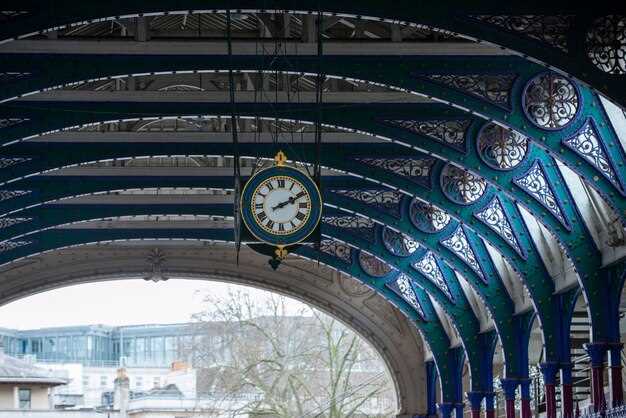
Booking a window-view slot at tretyakovskaya-area spaces gives a dry start and a century-long panorama that helps you map the city from above.
From there, Zaryadye’s climate-controlled pavilions let you witness the skyline while staying indoors; the layout distributes light across multiple spaces, and you can switch between exhibits without stepping outside, even when the streets outside are flooded.
Finish with Sparrow Hills internal routes, where corridors keep the soul connected to the skyline through huge windows and quiet corners for reflection.
To maximize the experience, plan a compact loop that covers a huge part of central panoramas. A must is booking ahead, and attending small guided segments can reveal legends of the area historically, with short rides between floors and easy access from tretyakovskaya and ryad seating areas.
For a practical break, the porto cafe observation deck offers a warm drink and a wide view, rounding out the route with more opportunities to compare shadows across the city and capture the moment of an entire dusk over the river.
| 路线 | Indoor Space | Panorama Highlights | 最佳时机 | Tips |
|---|---|---|---|---|
| Tretyakovskaya Atrium View | Glass-walled lobby near gallery entrance | Kremlin silhouette, Moskva River glow above the roofs | Late afternoon | Booking in advance; compact 60–75 min loop |
| Zaryadye Pavilion Vista | Climate-controlled hall with panoramic windows | City lines along the river; some areas flooded with reflected light | Golden hour | Must arrive 10 minutes early; group options available |
| Sparrow Hills Internal Route | University corridors to observation rooms | City panorama over the north bank; huge window frames the skyline | Early evening | ryad seating available; attending tours recommended |
| porto cafe observation deck | Indoor cafe with terrace-like windows | Expansive horizon toward the west; bright afternoon tones | Midday to early afternoon | Order a porto coffee; duration 45–60 min |

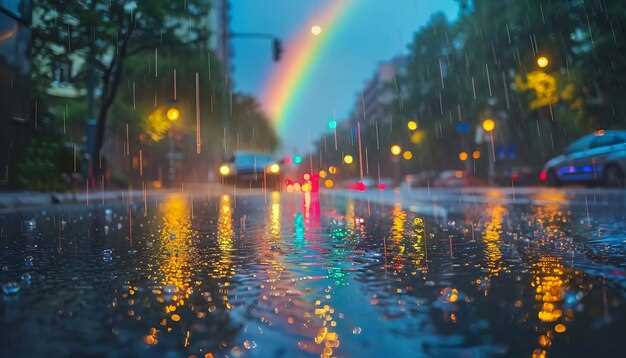 Rainy Day Moscow – Best Indoor Attractions for Wet Weather in 2025">
Rainy Day Moscow – Best Indoor Attractions for Wet Weather in 2025">

 Moscow Public Transport Guide for Tourists – The Complete Guide">
Moscow Public Transport Guide for Tourists – The Complete Guide">
 Moscow Hotels with Airport Shuttle – Best Picks for Easy Airport Transfers">
Moscow Hotels with Airport Shuttle – Best Picks for Easy Airport Transfers">
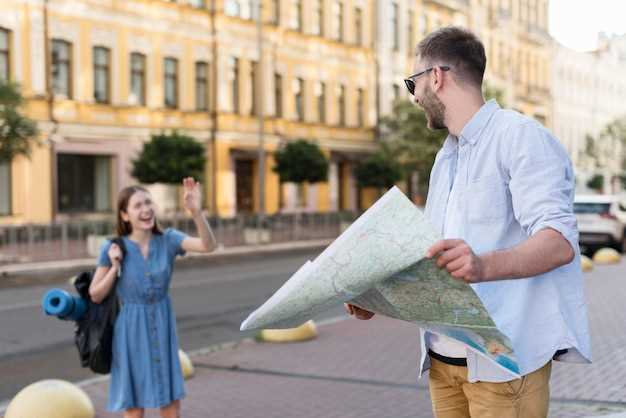 From Moscow to Suzdal – The Ultimate Day Trip Guide">
From Moscow to Suzdal – The Ultimate Day Trip Guide">
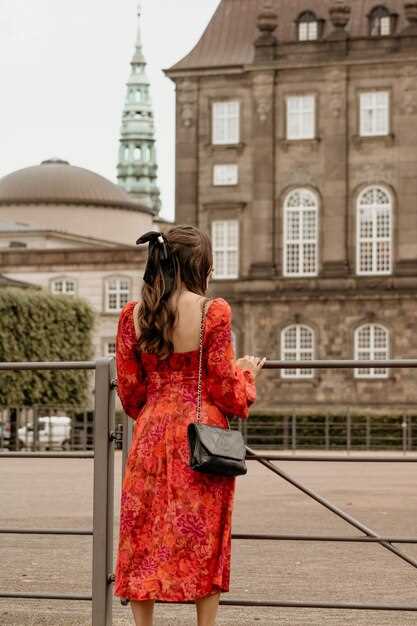 Luxurious Travel to Moscow – The Best Places to Visit in Style">
Luxurious Travel to Moscow – The Best Places to Visit in Style">
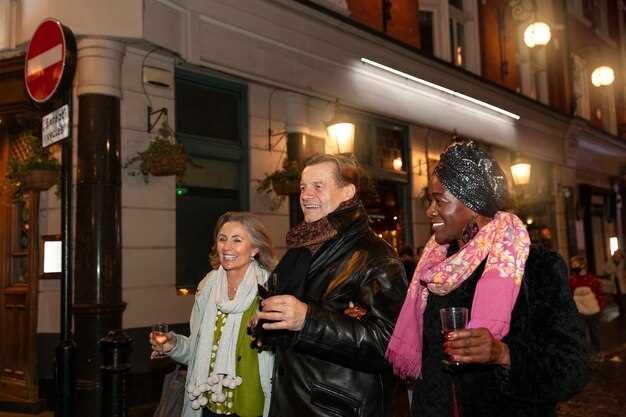 Nightlife in Moscow – Bars, Clubs, and Evening Entertainment">
Nightlife in Moscow – Bars, Clubs, and Evening Entertainment">
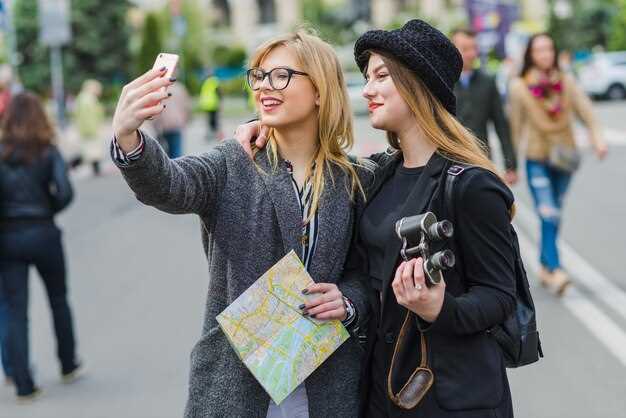 Best Day Trips from Moscow – Exploring the Surrounding Region in 2025">
Best Day Trips from Moscow – Exploring the Surrounding Region in 2025">
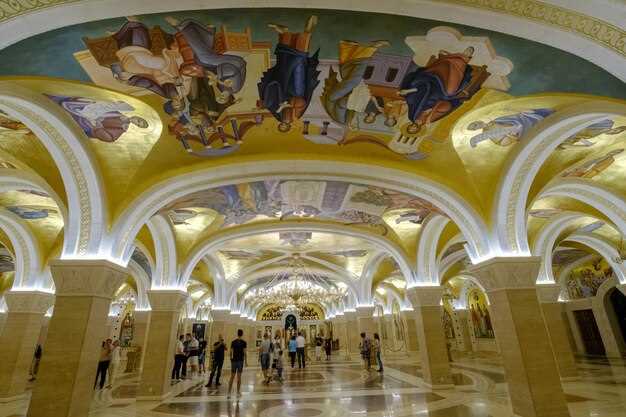 Winzavod Art Center Guide – Moscow Gallery Visit Tips">
Winzavod Art Center Guide – Moscow Gallery Visit Tips">
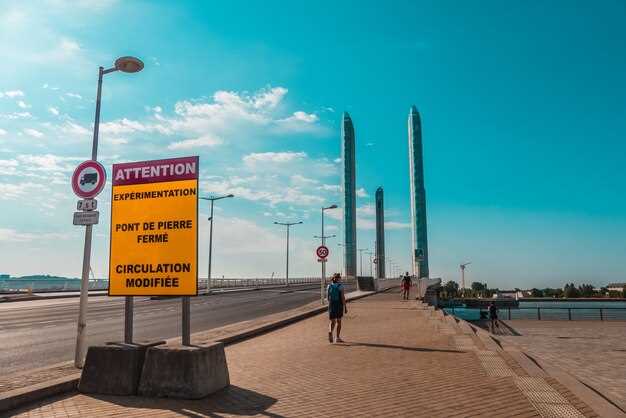 May Newsletter – How to Avoid the M-4 Highway from Moscow to Sochi">
May Newsletter – How to Avoid the M-4 Highway from Moscow to Sochi">
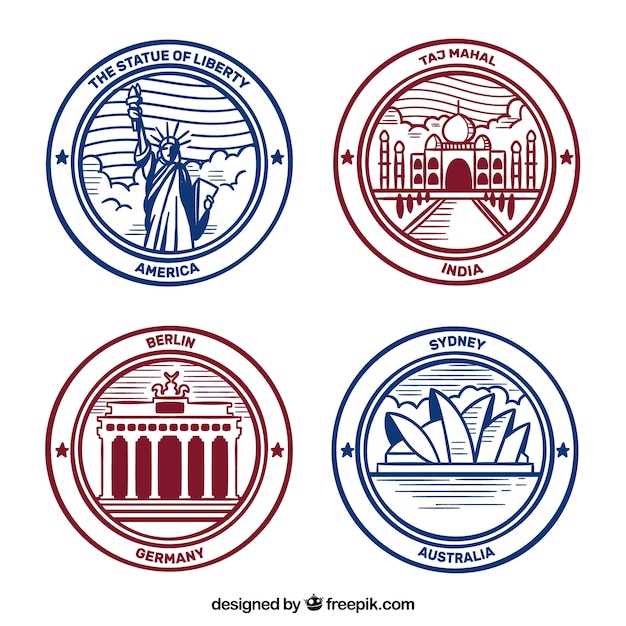 Circle Line Cruise NYC – The 6 Best Tours for 2025">
Circle Line Cruise NYC – The 6 Best Tours for 2025">